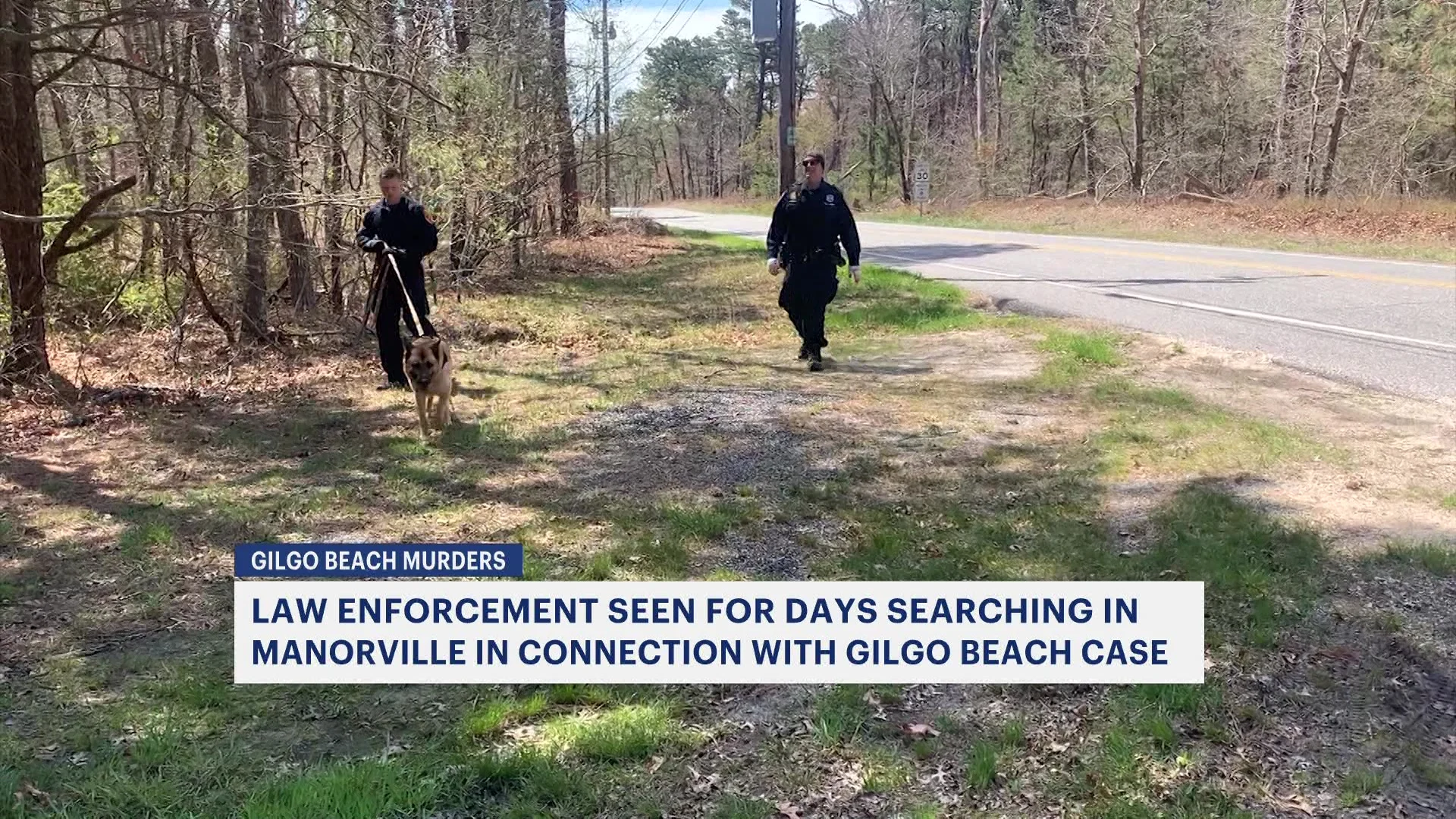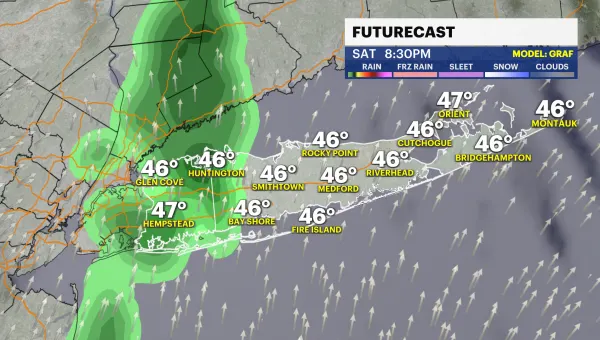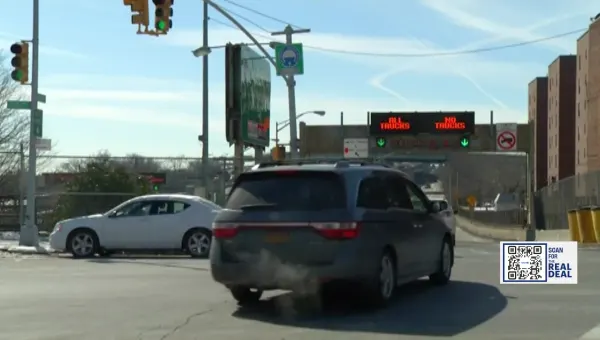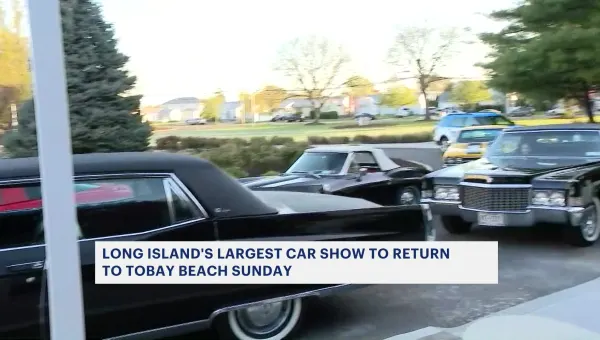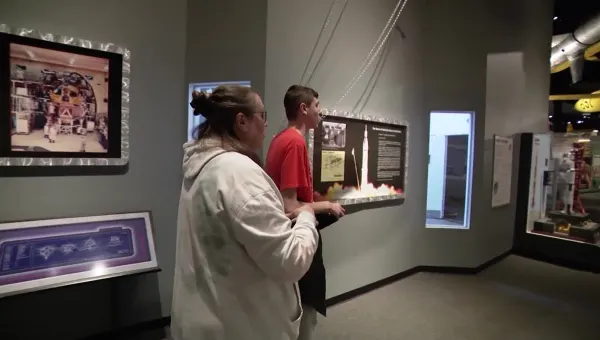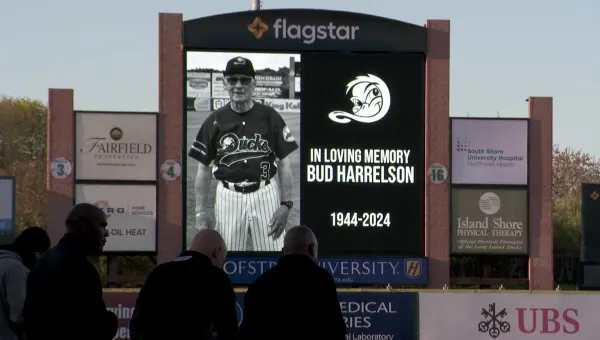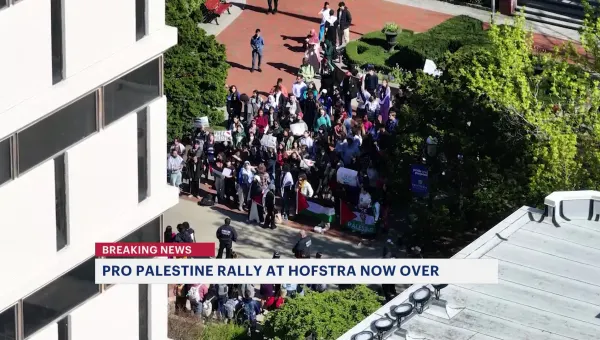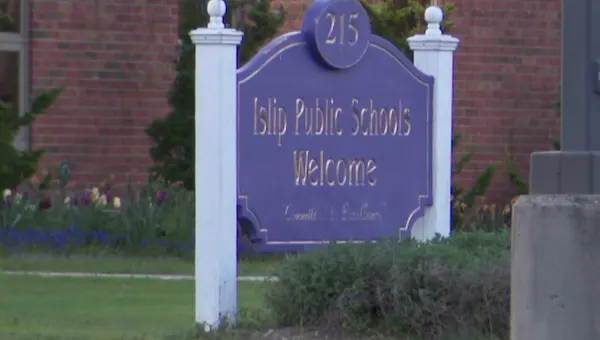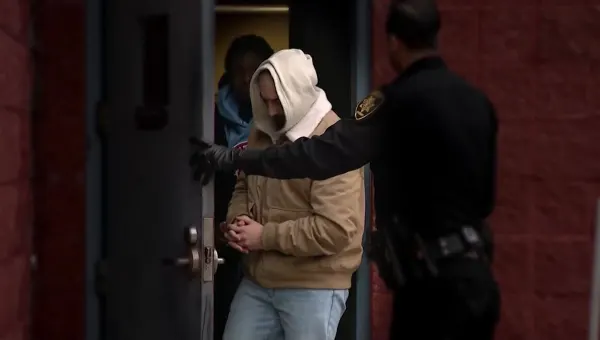N.Y. to recognize out-of-state same-sex marriages
New York state will recognize gay marriageslegally performed in other states and countries, according to amemo from the counsel to Gov. David Paterson, the governor'sspokeswoman said Wednesday. State
News 12 Staff
•
May 29, 2008, 12:59 PM
•
Updated 5,811 days ago
Share:

New York state will recognize gay marriageslegally performed in other states and countries, according to amemo from the counsel to Gov. David Paterson, the governor'sspokeswoman said Wednesday. State agencies, including those governing insurance and healthcare, must immediately recognize same-sex marriages legallyperformed elsewhere as valid in New York, according to thedirective. Same-sex marriage is not legal in New York, and the state'shighest court, the Court of Appeals, has said it can only belegalized by the Legislature. But the memo, based on a Feb. 1 NewYork Appellate Division court ruling, would recognize the marriagesof New Yorkers who are legally wed elsewhere. The appellate judges determined that there is no legalimpediment in New York to the recognition of a same-sex marriage.The state Legislature "may decide to prohibit the recognition ofsame-sex marriages solemnized abroad," the ruling said. "Until itdoes so, however, such marriages are entitled to recognition in NewYork." The move by Paterson's administration is one of the strongeststeps the state can take short of action by the Legislature. In a video shown at the Empire State Pride Agenda's springdinner on Saturday, the governor said he directed the measures as"a strong step toward marriage equality right here in our state." "We're aware that our advocacy is incomplete and we will keeptrying until people who love each other and want to get married,regardless of who they are, have that opportunity," Paterson saidin the video, which was posted on the organization's Web site. Paterson spokeswoman Erin Duggan said the May 14 memo isintended to guide the actions of state agencies. The memo statesthat agencies must change policies and regulations to make sure"spouse," "husband" and "wife" are clearly understood toinclude gay couples. The memo states that failure to include gay marriages in thedispensing of state services such as health care benefits couldviolate state human rights law. The agencies could face sanctionsfor any violations, the memo warns. The February appellate decision that spurred the shift involvedthe case of a woman whose female partner was denied health benefitsby her employer even though she had been legally married in Canada. The agency changes can be instituted through internal memos orchanges in regulations and would not require legislative action,Paterson counsel David Nocenti said in the memo, which was firstreported by The New York Times. "This is a milestone in the fight for fairness in New York,"New York Civil Liberties Union executive director Donna Liebermansaid in a statement. "Couples in New York who have never knowntrue security for their families will be officially entitled totreatment by our state government that respects their rights." New Yorkers for Constitutional Freedoms director Rev. DuaneMotley, whose group has lobbied against the legalization of gaymarriage, declined to comment. State Conservative Party ChairmanMichael Long didn't immediately respond to a request for comment. Former Gov. Eliot Spitzer and Paterson, Spitzer's running matefor lieutenant governor, campaigned in 2006 on a platform thatincluded bringing equal rights to gays including equal access tostate services entitled to married couples. Spitzer, however, saidthe state constitution didn't sanction gay marriage and thatalthough he supported legalizing same-sex marriage, he said otherpriorities such as the economy were more pressing. Polls have shown New Yorkers are split over gay marriage. In 2007, a bill to legalize same-sex marriage in New York wassponsored by Sen. Daniel O'Donnell of Manhattan, the openly gaybrother of entertainer Rosie O'Donnell. The bill was approved 85-61by the Democrat-led Assembly after an emotional three-hour debate. The Republican-led Senate, however, hasn't taken the up thebill. A vote in the Senate is considered even less likely thisyear, a legislative election year in which the Republicans arehoping to cling to its majority by appealing in part to its moreconservative base.
